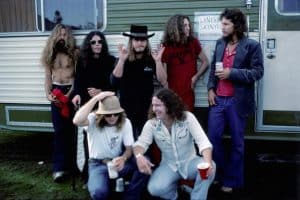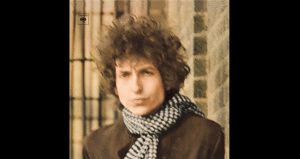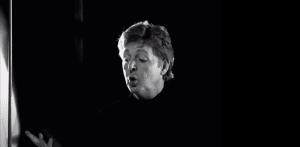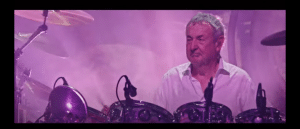Recognizing the Top Rock Bass Players of the 1970s
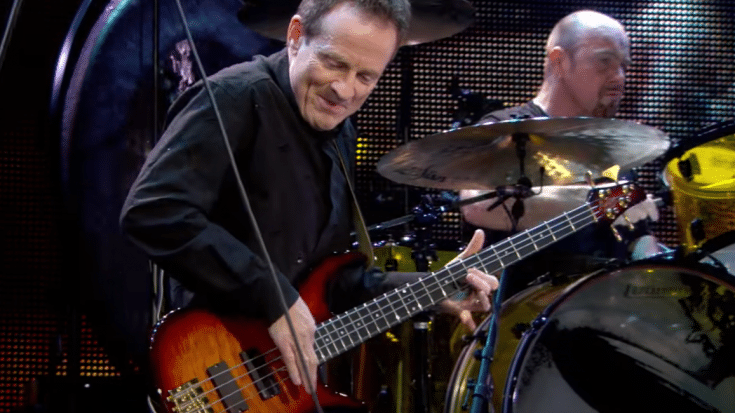
via Led Zeppelin / YouTube
The 1970s marked a revolutionary era for bass players, witnessing the birth of custom-tailored instruments, groundbreaking sounds, and a surge in bassists who left an indelible mark on the world of rock. From the introduction of boutique bass guitars by Alembic to the advent of active electronics, this decade paved the way for a new wave of innovation.
Join us as we recognize and rank the top rock bass players of the 1970s, each contributing to the evolution of bass playing in their unique ways.
10. Stanley Clarke: The Mind-Blowing Bass Soloist
Stanley Clarke, the bass soloist who collaborates with his band, rounds off our list at the tenth position. Known for his mind-blowing and technically brilliant performances, Clarke’s influence extends beyond those familiar with his name.
9. Phil Lynott: Quintessential Frontman Bassist
Phil Lynott, the quintessential frontman bassist of Thin Lizzy, secures the ninth spot. Playing melodically and interacting with the audience, Lynott’s bass contributions were akin to an extra guitar, leaving a lasting impact on his audience.
8. Jack Bruce: Master of Groundbreaking Sounds
Jack Bruce, hailed as the master, claims the eighth position. With incredible playing and groundbreaking sounds, Bruce’s constant growth and adaptability showcased in his collaborations and unique compositions earn him a well-deserved spot among the ’70s bassists.
7. John Deacon: The Low-Key Legend of Queen
John Deacon, the low-key legend of Queen, takes the seventh spot. Content in the background, Deacon’s bass lines were crucial to many of Queen’s musical masterpieces. His understated presence and musical contributions define his legacy.
6. Geezer Butler: Dark, Moody, and Melodic
Geezer Butler, Black Sabbath’s bass player and primary lyricist, lands at sixth place. Beyond his dark, moody, and melodic bass lines, Butler’s brilliance contributed significantly to the band’s heavy and aggressive sound.
5. Paul McCartney: The Melodic Innovator
Paul McCartney, one of the most influential bass players of all time, secures the fifth spot. McCartney’s clever bass lines, infused with melody, changed the landscape of songs. His sense of timing and soulful playing left an indelible mark on the ’70s rock scene.
4. Chris Squire: Elevating Bass Guitar
Chris Squire, the mind behind great riffs and bass parts, claims the fourth spot. Innovating in power, counterpoint, and rhythmic precision, Squire’s impact on tracks like “Heart of the Sunrise” and “Close to the Edge” remains unparalleled.
3. John Entwistle: The Backbone of The Who
John Entwistle, often at the pinnacle of “greatest bass player” lists, holds the third position. As the backbone of The Who’s sound, Entwistle’s virtuosity elevated the performances of his bandmates. His music spoke volumes, showcasing his unmatched prowess on the bass.
2. John Paul Jones: Solidity Personified
John Paul Jones, known for his role in Led Zeppelin, takes the second spot. A solid bassist with impressive performances, Jones may be seen as a straightforward player, but his contributions to iconic tracks like “The Lemon Song” solidify his place among the ’70s bass elite.
https://www.youtube.com/watch?v=PeBNMwDlz7Y
1. Geddy Lee: A Juggernaut of Talent
Geddy Lee, the bassist, keyboardist, and lead vocalist for Rush, secures the top spot. Juggling three roles effortlessly, Lee’s relentless pursuit of improvement and raw talent set him apart. His live performances left audiences in awe, questioning the limits of bass playing with every note.





